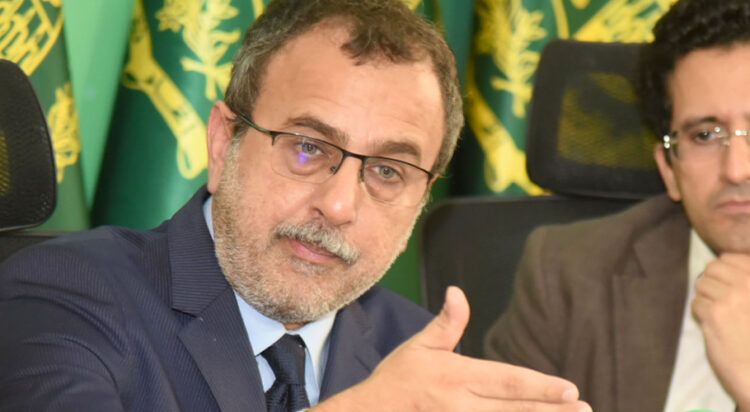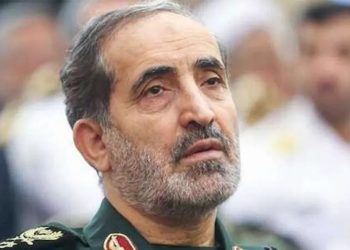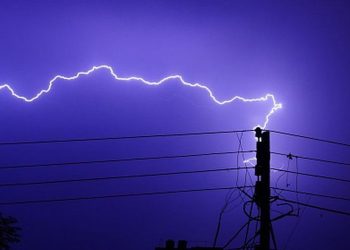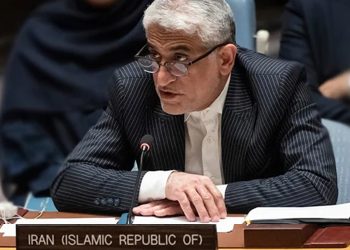In a move to promote the adoption of electric vehicles (EVs) and strengthen the country’s EV infrastructure, the government of Pakistan has announced a significant reduction in the electricity tariff for EV charging stations. Federal Minister for Energy, Awais Ahmad Leghari, revealed that the tariff would be reduced by 45%, from Rs71.10 to Rs39.40 per unit.
Speaking at a press conference on Wednesday, Leghari emphasized the government’s commitment to making EVs more accessible to the public. “This reduction is a crucial step towards boosting the use of electric vehicles in Pakistan,” he said. He also noted that the high cost of electricity and lack of regulatory frameworks had previously contributed to a shortage of EV charging stations across the country.
The new tariff, according to Leghari, would encourage the establishment of more charging stations, including in smaller, local shops. “This decision will make it easier for people to set up charging stations in their neighborhoods,” Leghari added. In addition, the approval process for setting up charging stations will now be streamlined, with permits being granted within 15 days via an online portal.
Leghari also called on international financial institutions to support Pakistan’s transition to green energy through financing, stressing that the country is poised to offer some of the lowest electricity rates in the region in the coming months, both for consumers and industries.
The minister further updated the public on the energy sector’s performance, stating that circular debt had been reduced by Rs12 billion during the first five months of the fiscal year, bringing it down to Rs368 billion. Losses incurred by distribution companies (DISCOs) also dropped to Rs170 billion, down from Rs223 billion last year. However, he noted that the losses could have been further reduced to Rs140 billion if management changes had been made at Sukkur and Hyderabad DISCOs.
Prime Minister Shehbaz Sharif welcomed the decision, emphasizing that it would help attract more investors to the EV sector and significantly reduce fuel imports. The increased use of EVs, he noted, would help conserve foreign exchange by reducing reliance on imported fuel.
Additionally, the federal cabinet recently approved revised agreements with 14 Independent Power Producers (IPPs), which are expected to lower electricity prices by Rs10 to Rs11 per unit. This move is anticipated to save the government Rs802 billion through reduced profits and costs associated with these IPPs.
This initiative marks a significant step in Pakistan’s push towards a greener, more sustainable future, with the government aiming to increase the availability of EV infrastructure and reduce the country’s carbon footprint.

































